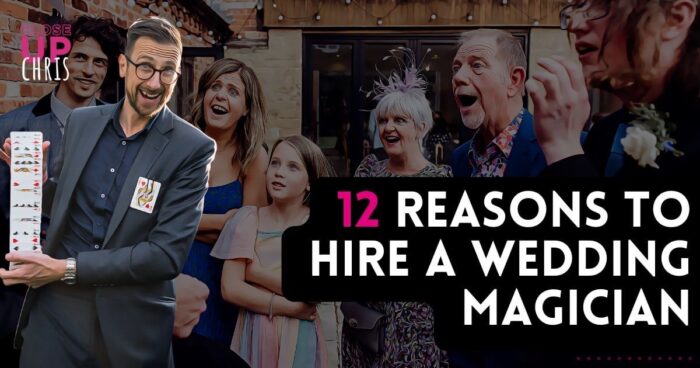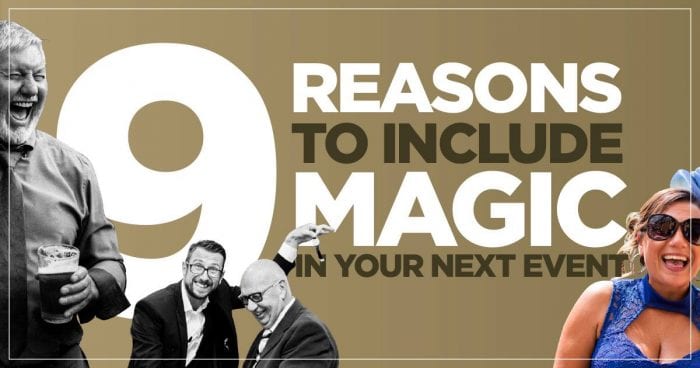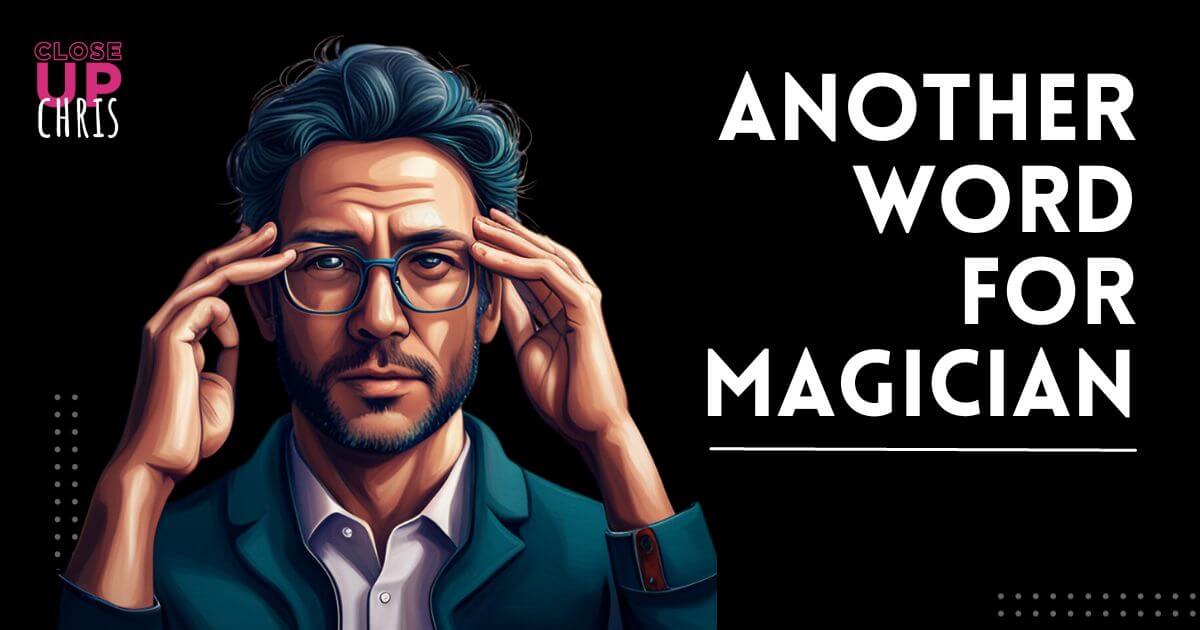
05 Nov Another word for a magician
Another word for magician
A Detailed Examination of Terms to Describe a Magician
As someone who relies heavily on ranking top for various terms for the word magician, I’ve always been interested in the many ways someone might describe a magician in Google
As we know, a Google search is the modern equivalent of a crystal ball. It’s where we go to find answers, to seek wisdom, or in this particular case, to unearth the elusive magicians in our midst. Now, you’d think it would be as simple as typing ‘magician‘ into the search bar, right? But oh, dear reader, you underestimate the complexity of the human mind and the creativity of our search queries.
Think about it. The world of magic is as diverse as a bag of Bertie Bott’s Every Flavor Beans. Some people might be looking for a ‘conjurer of cheap tricks’ for their 30th birthday party. Others could be on the hunt for an ‘illusionist extraordinaire’ to add some pizzazz to their corporate event. And let’s not forget those brave souls searching for ‘enchanters with persuasive powers’ to convince their in-laws to move to another continent (we’re kidding… mostly).
Historical Synonyms –
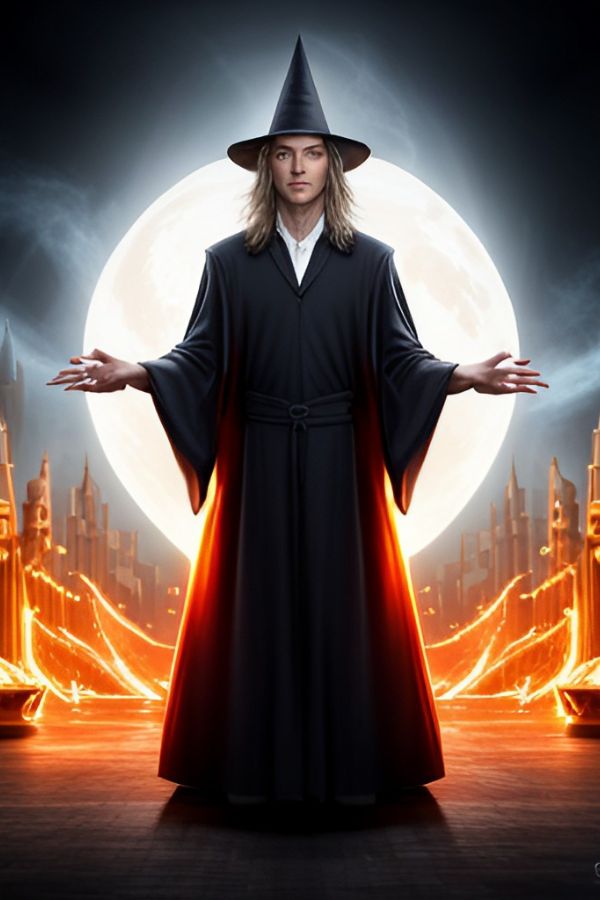
Sorcerer
The term ‘sorcerer’ dates back to the early 15th century, but not as a trendy job title for the local wizard. No, it was a term reserved for those who had the uncanny ability to tell fortunes by lot. Think of it as an ancient version of your favourite horoscope app, but with less WiFi and more… well, magic.
This job title, straight out of Medieval Latin ‘sortarius’, was so much more than a simple fortune-teller. They were the original influencers – their predictions could make or break a king’s reign, decide the fate of an entire village, or even influence the outcome of a war. Talk about pressure!
But don’t let the power go to your head. Being a sorcerer wasn’t all fun and games. It was a serious profession, requiring years of study, countless sleepless nights, and a wardrobe full of flowing robes. And let’s not forget the occupational hazards – angry mobs, rogue spirits, and the occasional misinterpreted prophecy.

Wizard
Right out of the 15th-century gate, ‘wizard’ was synonymous with ‘philosopher’ or ‘sage.’ Yep, you heard it right. Your average wizard back in the day was more likely to be found sipping tea and discussing metaphysics than hurling fireballs or summoning ethereal beings. The term itself is a smoothie blend of Middle English ‘wys,’ meaning wise, and ‘-ard.’ Essentially, a wizard was a ‘wise-ard’ or a smarty pants. Not quite as flashy as turning invisible, but hey, we can’t all be Gandalf.
Interestingly, our friend ‘wizard’ didn’t start dabbling in the arcane arts until around 1550. The Middle Ages were a wild time, folks. Philosophy and magic were like two peas in a pod, often getting mixed up in the public’s mind. Kind of like that time you mistook wasabi for avocado. Ouch.
And just when you thought our linguistic journey couldn’t get any more exciting, ‘wizard’ pulled a 180 and became slang for ‘excellent’ in 1922. Because why not? Language is a wild beast, my friends, and sometimes it takes paths as unpredictable as a wizard’s spell.

Witch
Ah, the witch! Not to be confused with your eccentric Aunt Sue who grows too many herbs and owns one too many cats. No, we’re talking about the genuine article here—the broomstick-riding, cauldron-stirring, spell-casting dames of yore. And what a fascinating etymological stew they’ve got brewing, perfect for spicing up any Christmas venue with a bit of mystical charm!
Emerging from the mists of Old English, ‘wicce’ originally denoted a female magician or sorceress. Not the kind who pulls rabbits out of hats, but the kind who has a cozy relationship with the devil and can whip up a supernatural storm before you can say “double, double toil and trouble.” Imagine the delight of such enchantresses as headline acts at your Christmas venue, casting spells that make even the most skeptical partygoer believe in magic.
The masculine form, ‘wicca’, referred to a male practitioner of magic, which just goes to show that gender equality was alive and well in the witching world. Well, kind of. By the time of good old Ælfred’s laws around 890 AD, witchcraft was firmly labelled as a woman’s game. Men, it seems, were too busy inventing the wheel, taking out the bins, or doing whatever it was men did back then—probably setting up early versions of a Christmas venue to showcase their latest inventions.
The term’s exact origins are as elusive as a will-o’-the-wisp. Some say it’s related to Old English words for divination and idol, while others suggest a link to a Proto-Germanic term for necromancer (which, by the way, means “one who wakes the dead,” not “one who takes coffee breaks with zombies”). Perhaps at a Christmas venue, these necromancers would fit right in, reviving the festive spirit with a touch of the supernatural.
Modern Interpretations
Illusionists:
Ah, the grand illusionists – the rockstars of the magical world. Dressed all in black like a 90’s throwback, they pull in supermodels like they’re going out of fashion. Not because they have the latest designer bag or drive the flashiest sports car, but because they can make an elephant disappear quicker than you can say “now you see it”.
These aren’t your garden variety magicians who dabble in card tricks or coin vanishes. Oh no, these are the big guns, the ones who wouldn’t be caught dead doing close-up magic. They’re all about the grand illusions, the kind that require a stage, a captive audience, and a healthy disregard for the laws of physics.
They make tigers appear from nowhere, motorbikes disappear into thin air, and assistants teleport from one side of the stage to the other. They’re so good, they could probably start a new religion. Or at least a very successful YouTube channel.
Notable illusionists include David Copperfield, Lance Burton and Siegfried and Roy

Mentalists
I’ve always enjoyed the word mentalist – I’m a big Alan Partridge fan you see (if you know, you know) however in the world of magic, the word mentalist drums up some guy who can dip into your mind, extract your kinkiest of thoughts, pin number or first kiss and parade it around like last week’s washing.
Derren Brown is without doubt the leading light when it comes to Mentalists – a performer so convincing he’s managed to hoodwink a nation into believing he can do the impossible although he always tells the audience he can’t!
What’s his secret? Well, he’s just really good at what he does. No magic wands, no enchanted hats, just a keen understanding of human psychology and a talent for showmanship that could put Broadway actors to shame.
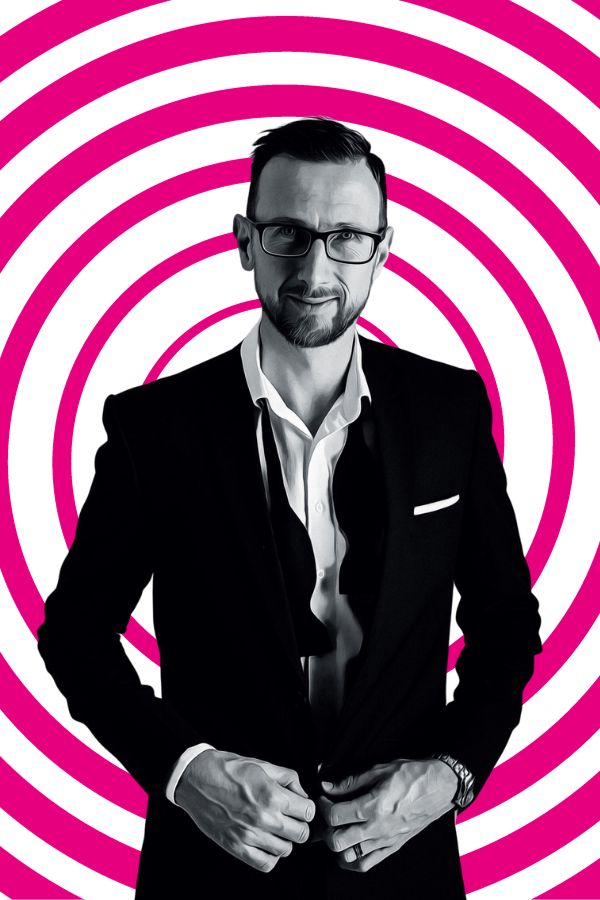
Hypnotist
Ah, the hypnotist – a character shrouded in mystery and often misunderstood. For those of us who grew up watching too much television in the UK, the image of a hypnotist might be intertwined with images of flashing lights, swinging pendulums, and people clucking like chickens on stage. A bit like a pantomime villain or that dodgy uncle at a family wedding who insists on performing ‘magic tricks.
But let’s clear up some misconceptions here. Stage hypnotism is essentially just a theatrical performance, akin to a melodramatic soap opera or one of those reality TV shows where everyone inexplicably cries all the time.
Real hypnosis, the bona fide, scientifically validated kind, is a genuine psychological phenomenon. It’s a bit like taking a guided tour of your own mind, with a professional pointing out the sights and helping you make sense of things. It’s used in clinical practice to help with a range of issues, from anxiety and pain management to breaking bad habits
Magician By Genres
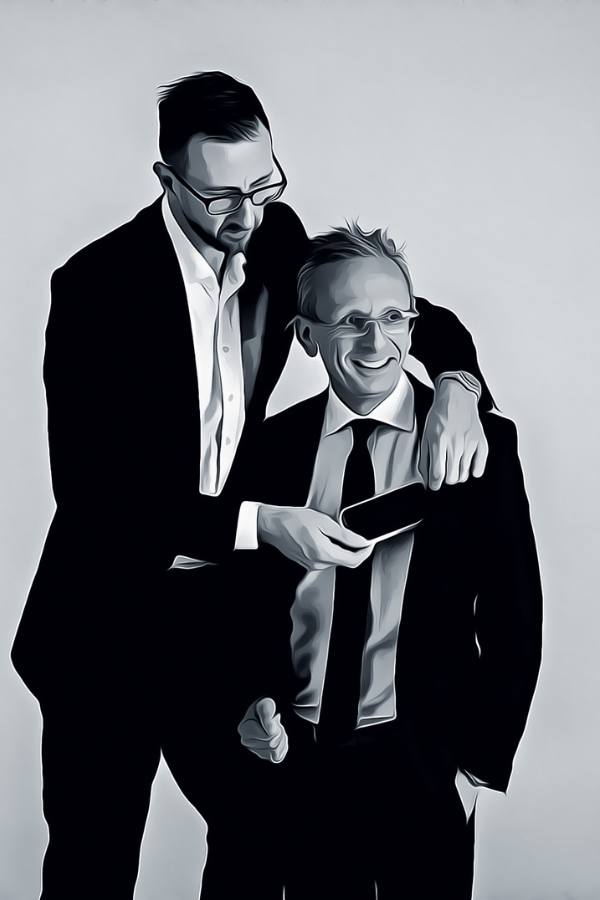
Magician by Genres
- Escape Artists: These daring magicians specialize in creating and escaping from seemingly impossible constraints, making Houdini-style feats look like child’s play.
- Card Manipulators: Masters of sleight of hand, these magicians can make a deck of cards dance in their hands, performing mind-boggling tricks that leave audiences questioning the laws of physics.
- Stage Magicians: With grand gestures and larger-than-life illusions, stage magicians command the spotlight, transforming theatres into worlds where magic is real and anything is possible.
- close-up magicians: Working their magic right under your nose, close-up magicians excel in intimate settings, turning everyday objects into sources of wonder and amazement.
theatres
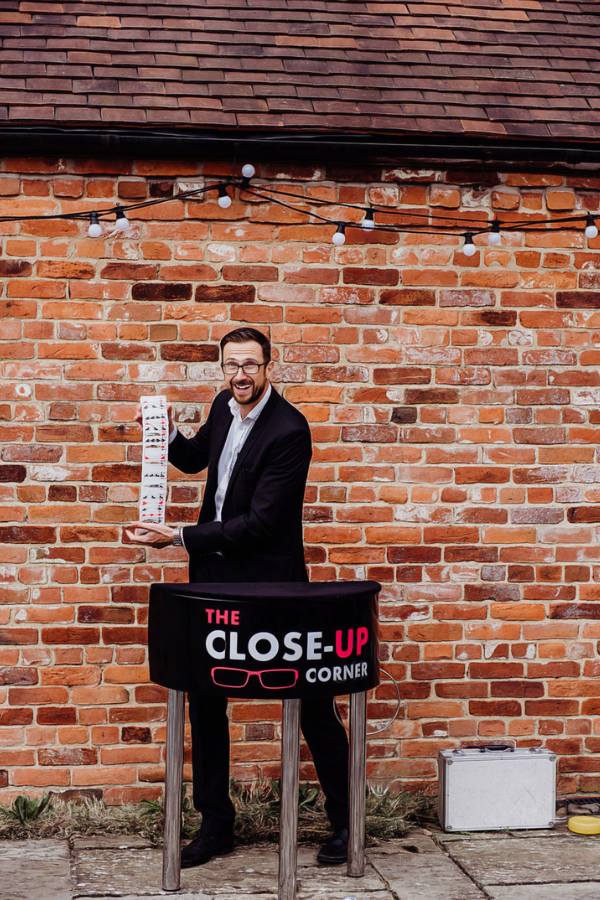
By Event Types
Party Magicians: Hired to ensure your shindig is more than a gathering of friends talking small and listening to tales of their two-year-olds
corporate entertainers: We all know how dry corporate events are – a corporate entertainer is a bit like a laxative – he can help get things moving so it’s less…turgid
Street Performers: A lot of professional magicians today owe a great amount of gratitude to the likes of Criss Angel, David Blaine and Dynamo. They made magic sexy again – parading the streets with cool magic that helped stop most magicians from being bullied overnight!
Wedding Magicians: The best thing since sliced bread said…the wedding magician. But seriously, a wedding magician is a sound investment with so many guests having to fend for themselves. They’re a social lubricant, an icebreaker, a conversation starter. They’re there to keep your guests from resorting to discussing the weather or worse, the chicken vs. fish debate
Trade Show Magicians: A great way of enticing hot leads with sleight of hand that loosens up delegates and decision-makers!
Cruise Ship Magicians: Combining travel and magic, cruise ship magicians offer seafaring audiences a delightful diversion from the usual onboard entertainment, with tricks as breathtaking as the ocean views.
Restaurant Magicians: These magicians add a dash of astonishment to the dining experience, performing close-up magic that leaves patrons questioning reality over dessert.
Another word for a magician
In conclusion, magic and the people who perform it have permeated every aspect of our culture. From the daring escape artists and sly card manipulators to the enchanting wizards and powerful sorcerers of popular fiction, these figures captivate us with their mystique and skill. Whether they’re performing at a party, on a street corner, or in the pages of a beloved book, magicians in all their forms continue to inspire wonder and awe, reminding us of the joy of mystery and the thrill of the impossible made possible.
About Chris
✨Close-Up Chris✨ is the ultimate word substitute for the word magician 🙂
He performs magic tricks that are packed heavy with entertainment with a side of sorcery and other synonyms that mean if you book him it means he’ll probably transform your event!
He practices magic twice daily, and his “spells” are so strong he’ll have your guests picking up their jaws off the floor!
Latest Posts
12 Ways Magic Can Transform Your Wedding Day
Related posts: Wedding reception icebreakers Diffe
07 August, 202440th Birthday Party Ideas
Related posts: 9 Reasons To Book a Magician Birthd
01 June, 20249 Reasons To Book a Magician
Related posts: CHRISTMAS MAGIC ENTERTAINMENT TIPS
24 August, 2017



